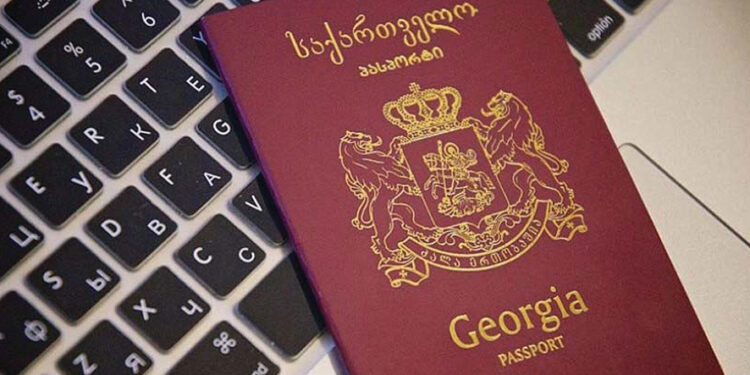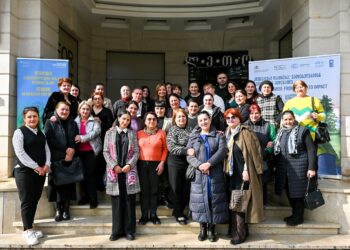In a world where borders define opportunities, Georgia’s passport has climbed to the 44th spot on the 2024 Henley Passport Index, granting Georgian passport holders visa-free access to 122 countries. While this may seem like a modest numerical change from 45th place last year, it reflects a seismic shift in the country’s global aspirations and its citizens’ evolving identity. What does this mean for Georgia’s place in the world, and how does a seemingly mundane document encapsulate the ambitions of a nation?
The Passport as a Measure of Global and Regional Prestige
Passports are more than travel documents; they’re badges of geopolitical clout. Georgia’s rise in the Henley Index highlights its growing relevance on the world stage. The inclusion of China among visa-free destinations in 2024 is particularly noteworthy. This move not only expands travel opportunities for Georgian citizens, but also signals strengthening ties with a global superpower. Could this be a step toward redefining Georgia’s post-Soviet narrative? The ability to navigate between East and West has always been a hallmark of Georgia’s strategy, and its strengthened passport symbolizes a nation that’s trying to balance these forces more effectively.
Georgia’s 44th position places it far ahead of its Caucasian neighbors. Azerbaijan’s passport sits at 70th, while Armenia’s trails at 74th. This disparity is not merely statistical; it’s emblematic of Georgia’s ambitious foreign policy and strategic positioning. Since achieving visa-free travel to the Schengen Zone in 2017, Georgia has set a benchmark in the region. This achievement underscores its commitment to aligning with European norms and integrating into the global economy. Yet, this leadership position also brings challenges. How does Georgia leverage this mobility advantage to foster regional stability and cooperation?
Barriers and Breakthroughs: Mobility through the Ages
Georgia’s current passport strength is deeply rooted in its historical role as a crossroads of empires. From the Silk Road to its strategic importance during the Soviet era, Georgia has always been a hub of cultural and economic exchange. Today’s Henley ranking can be seen as a modern continuation of this legacy. The question is, how can Georgia harness its historical ties while forging a distinct path in the 21st century?
Mobility isn’t just about travel; it’s about the exchange of ideas, innovation, and cultural diplomacy. Georgia’s passport opens doors—but what it brings to the global stage remains a crucial consideration.
While the climb to 44th place is commendable, sustaining this momentum requires addressing domestic and international challenges. Economic inequality, political polarization, and concerns over national security all play a role in how Georgia’s passport is perceived abroad. Moreover, Georgia’s aspirations for deeper integration with the EU and NATO hinge on its ability to demonstrate stability and alignment with international norms. The strength of a passport is as much about perception as it is about policy.
Mobility as a Sociological Marker: Who Gets to Travel?
Visa-free travel is more than a convenience; it’s a status symbol. For younger Georgians, the passport represents a tangible connection to the globalized world and a break from the isolation of their Soviet past. The ability to study, work, and travel abroad fosters a generation that sees itself not just as Georgian, but as part of a broader global community. However, this newfound freedom also raises questions. Does increased mobility risk brain drain? How can Georgia retain its talent while allowing its citizens to explore international opportunities? These are the dilemmas that come with the privilege of a stronger passport.
Georgia’s 44th-place ranking is more than a statistic; it’s a story of transformation. As the country continues its journey toward greater global integration, its passport serves as a mirror of its ambitions, challenges, and evolving identity. The question isn’t just where Georgians can go, but how the nation’s newfound mobility will shape its future on the world stage. In a world where mobility is increasingly equated with freedom, Georgia’s passport is not just a document; it’s a declaration of a nation finding its place in an interconnected world. The challenge now is to ensure that this access translates into tangible benefits for all its citizens, making the Georgian passport not just a gateway, but a symbol of shared progress.
By Ivan Nechaev














